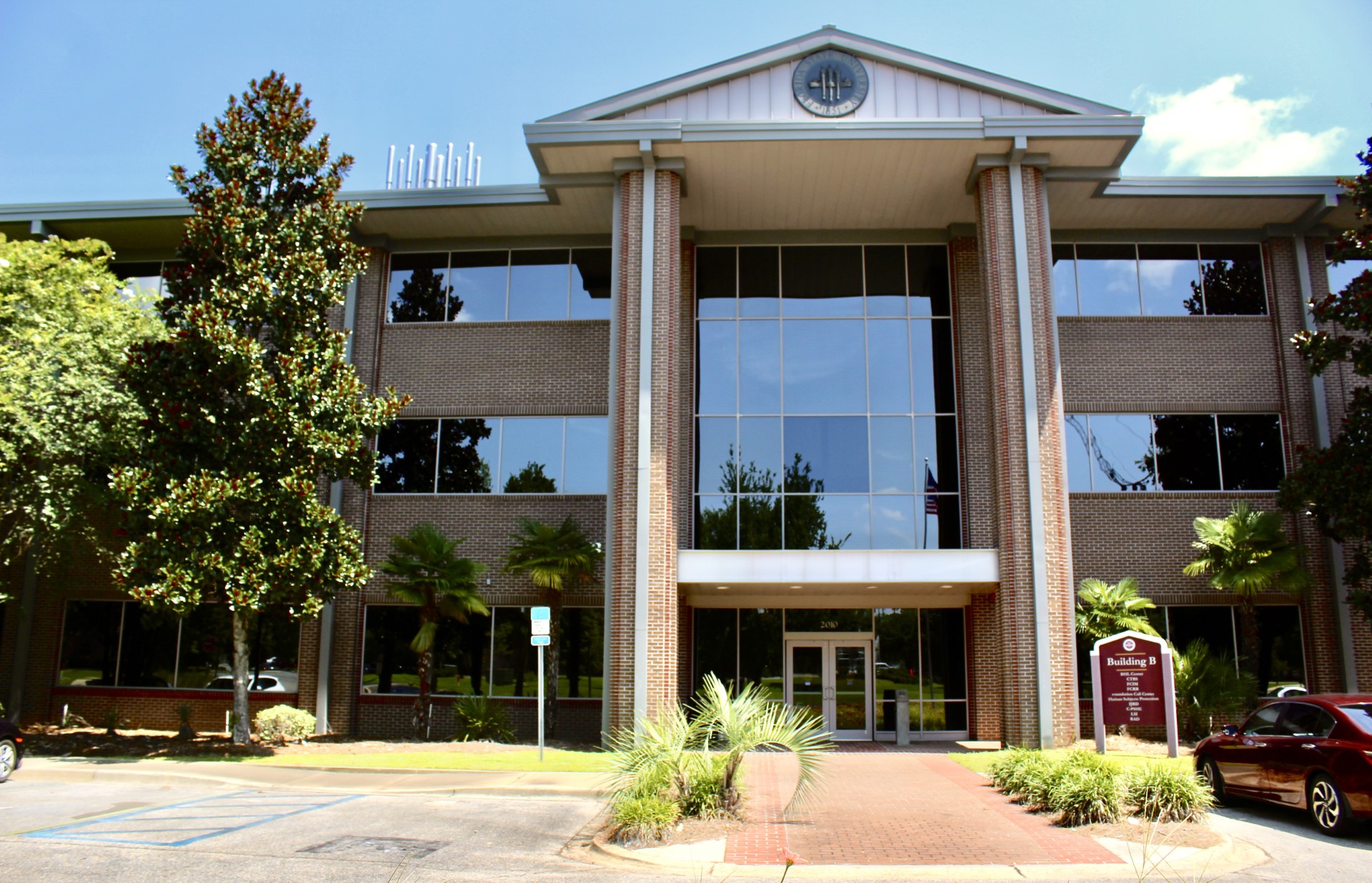FSU's Center of Population Science for Health Equity launches project with the FDA to reduce health disparities among underrepresented minority communities
TALLAHASSEE, Fla. — The U.S. Food and Drug Administration Office of Minority Health and Health Equity (FDA OMHHE) has awarded a grant to Florida State University’s Center of Population Sciences for Health Equity (CPSHE) to be part of the FDA OMHHE Racial and Ethnic Minority Acceleration Consortium for Health Equity consortium. The consortium consists of collaborators that will focus on strengthening and advancing minority health and health equity focused research, outreach, and communications as well as support training and mentoring students, fellows, and researchers from diverse communities.

One of the projects based at Florida State University (FSU) will develop strategies for introducing home use self-testing technology and remote data collection among underrepresented minority (URM) communities to achieve early detection, effective treatment, and bridge the health disparity gap in communities. This project also aims to enhance recruitment for remote clinical trials and reduce health disparities among URM populations. To combat community skepticism and build trust, CPSHE is hiring individuals from specific URM communities who can supply translation services, including languages that are not commonly available to ensure effective communication and inclusivity in the research process.
“This study will build on the existing long-term relationships with underrepresented minority communities, further supporting CPSHE’s mission to establish and nurture trustworthy relationships between URM communities and the scientific community,” said Dr. Eugenia Millender, co-founder of CPSHE and serves as the principal investigator for the projected. Millender is working alongside CPSHE co-founder Dr. Frankie Wong, and assistant director Dr. Casey Xavier Hall, both of whom will serve as multiple principal investigators (MPIs).
This project specifically is tailored to address the unmet needs of American Indians, Latino, Asian Americans, Pacific Islanders, and people from sexual and gender minority communities, who have historically been underrepresented in clinical trials. These communities face unique health challenges rooted in cultural, social, and environmental factors, which can be addressed by this and other research endeavors.
The study adopts a community-driven approach, actively engaging with community members to understand the most prevalent health problems and exploring potential solutions collaboratively. By co-creating best practices and establishing remote community advisory groups, the initiative aims to develop a pipeline of community champions, increasing minority participation in clinical trials and overcoming barriers like geographical distance and limited access to healthcare. “Technology has a great potential for increasing accessibility and reducing isolation, but that won’t happen without careful thought and planning as well as trial and error,” Dr. Xavier Hall said, “This is particularly true for underrepresented minorities, which is why this project and collaboration with FDA OMHHE is so important.”
The Center of Population Science for Health Equity at FSU is a community driven research center dedicated to promoting health equity and reducing health disparities among marginalized, underserved, and vulnerable populations.
